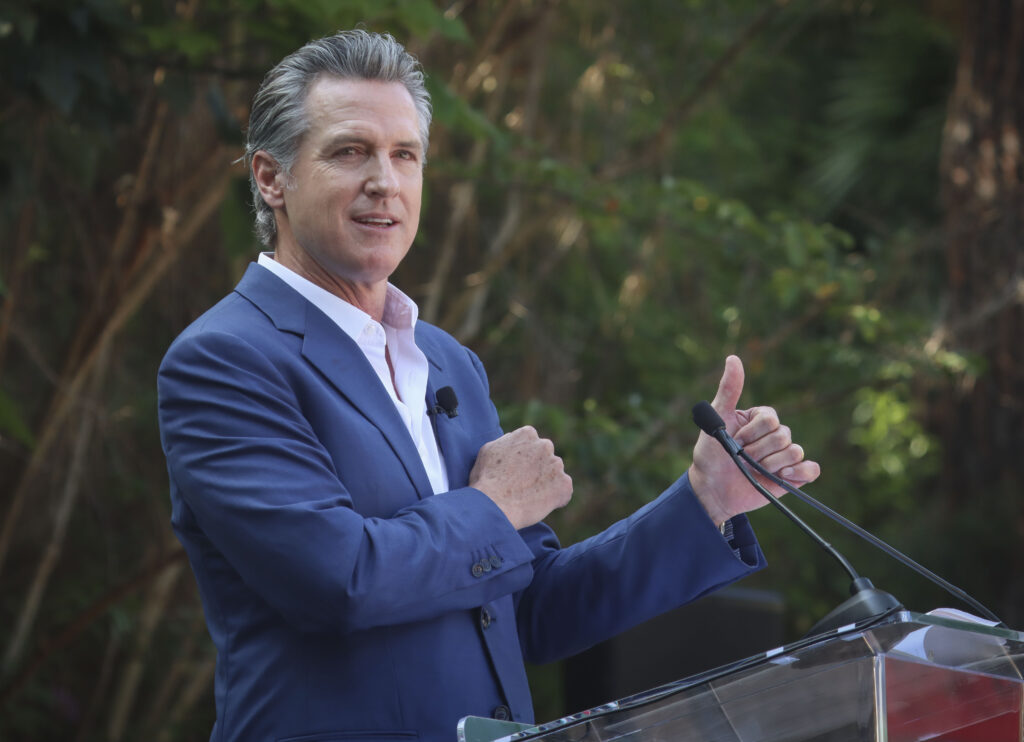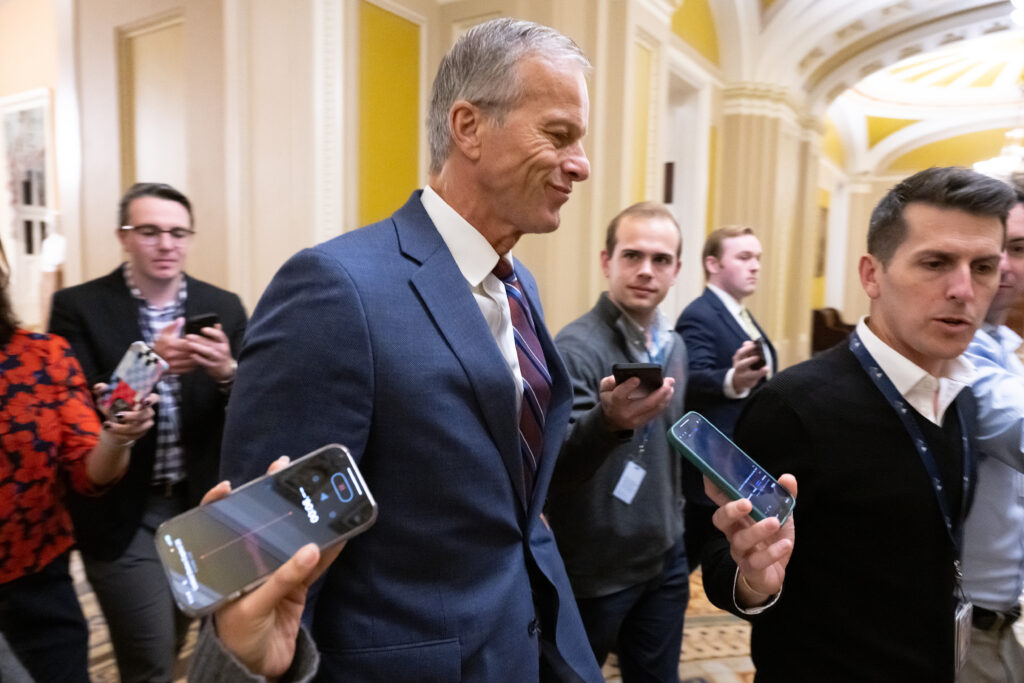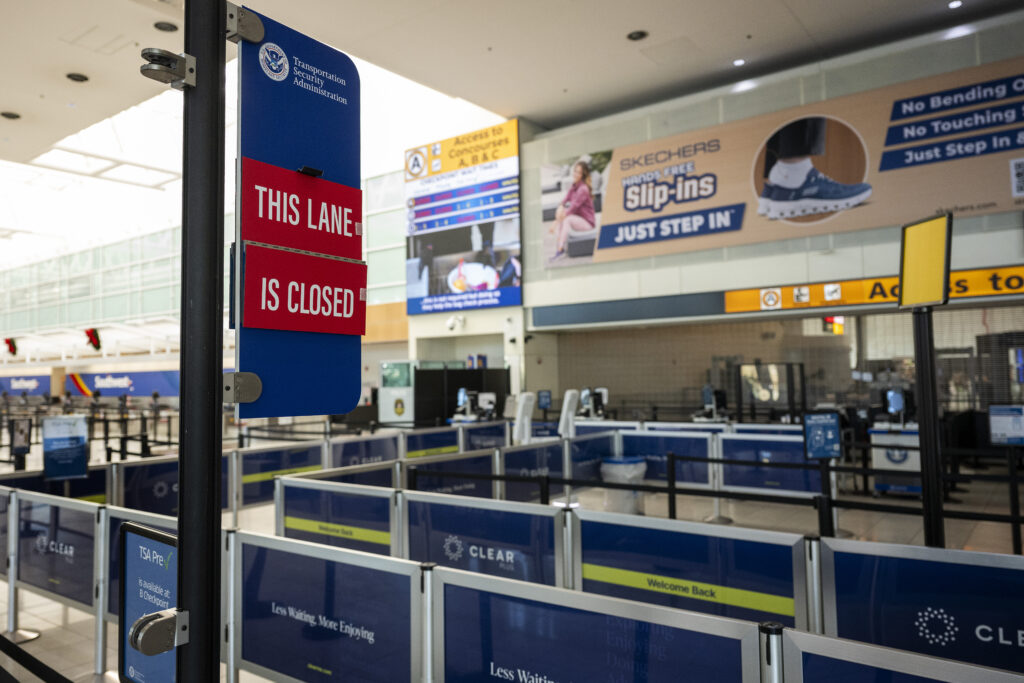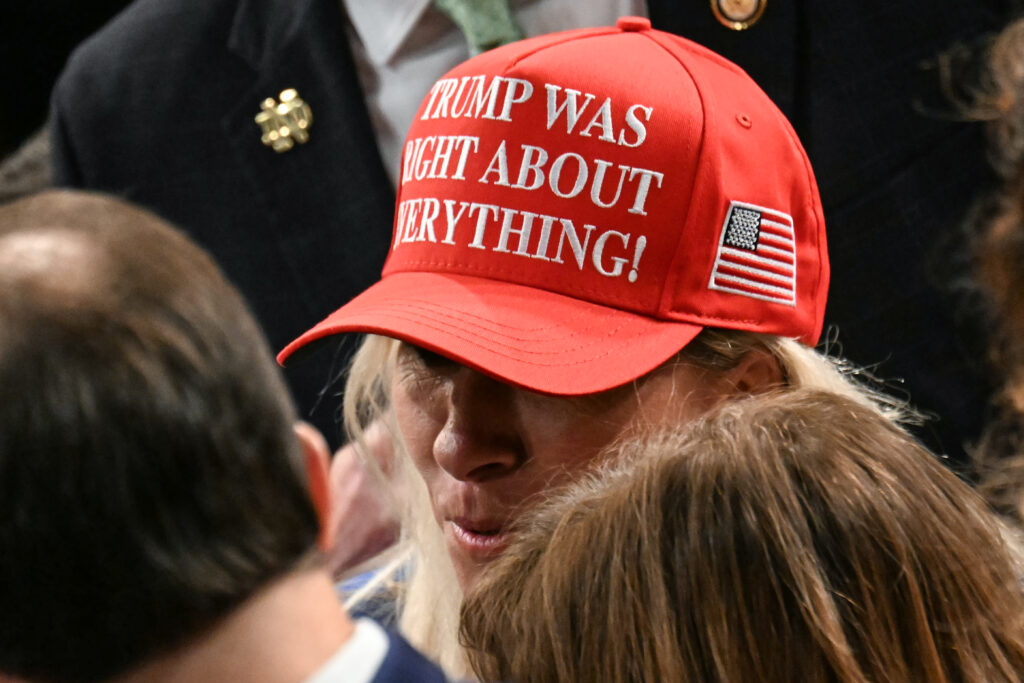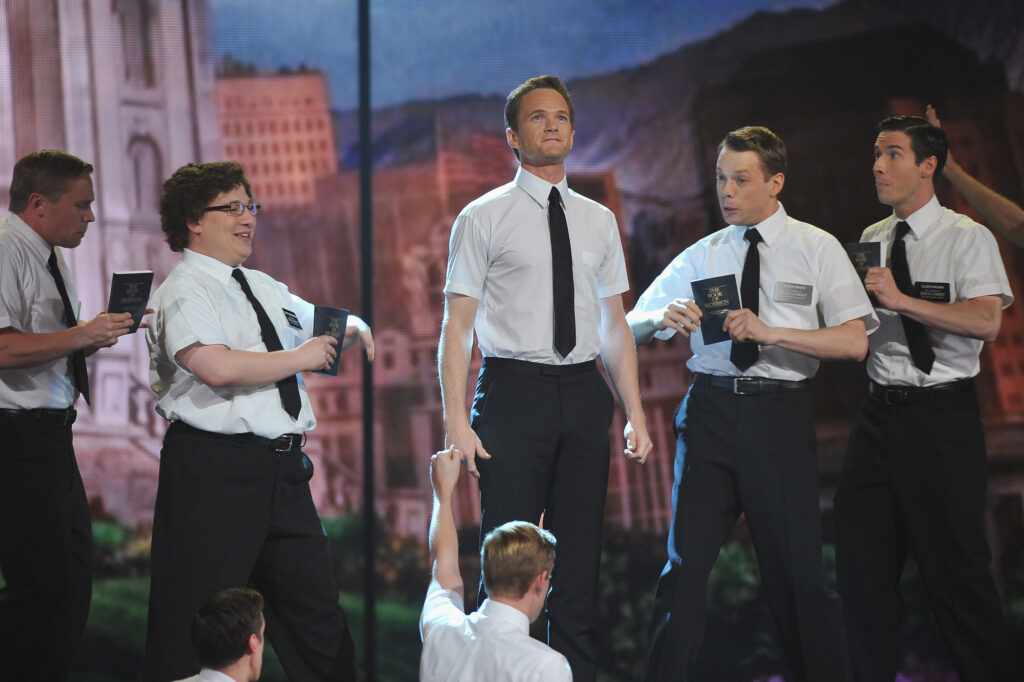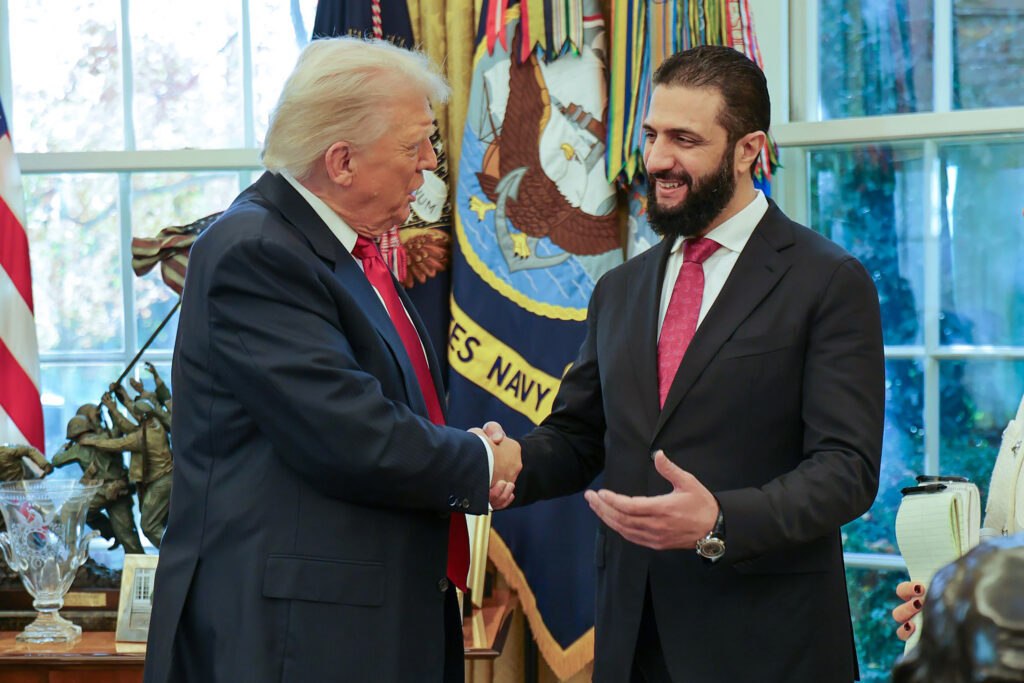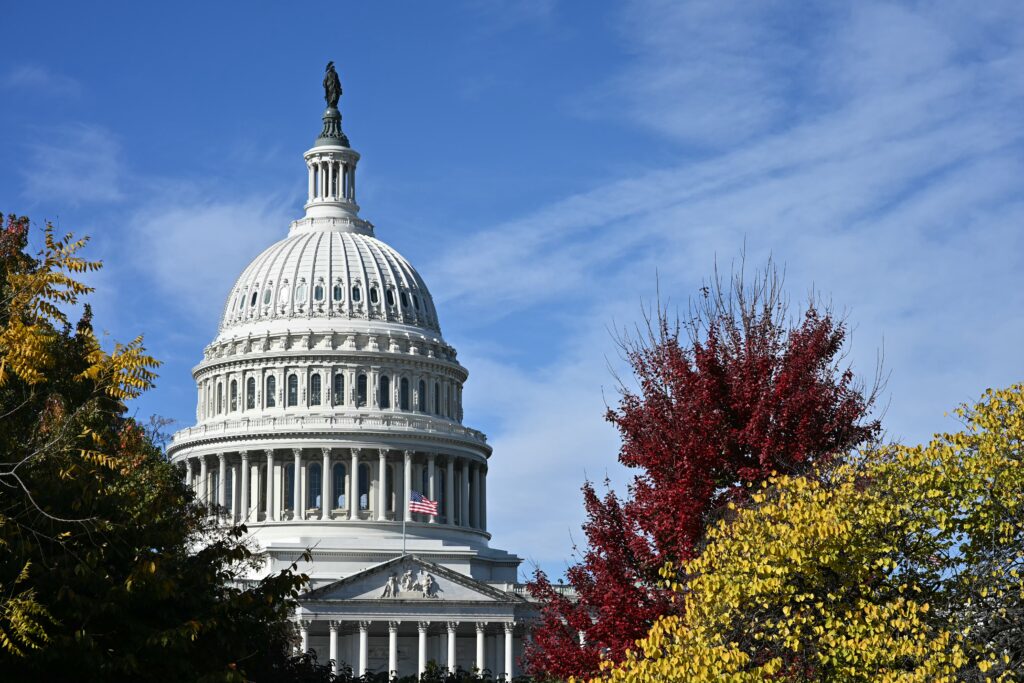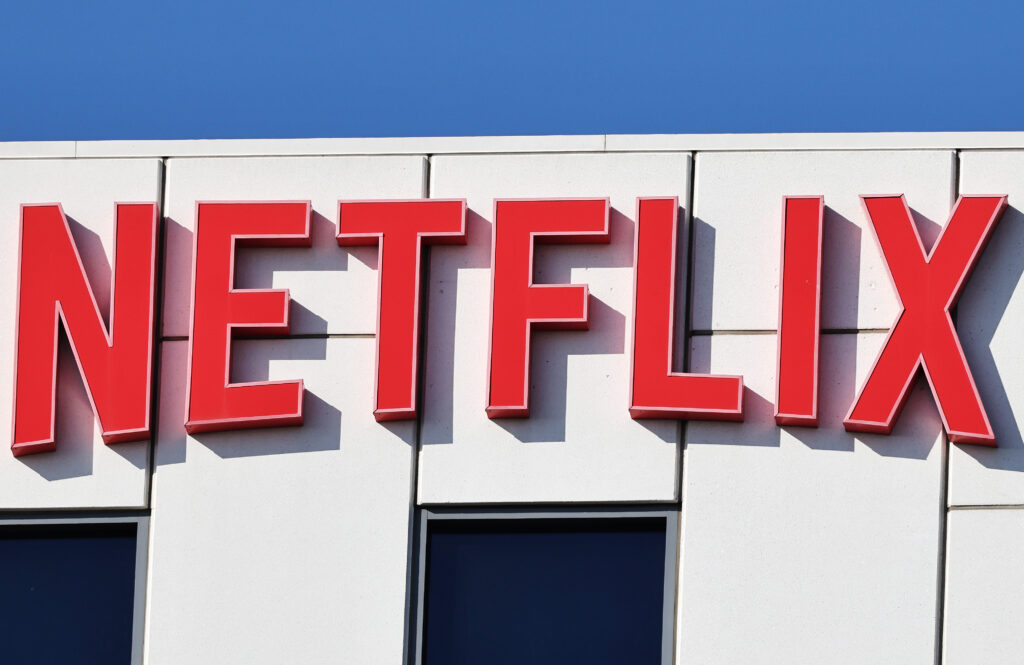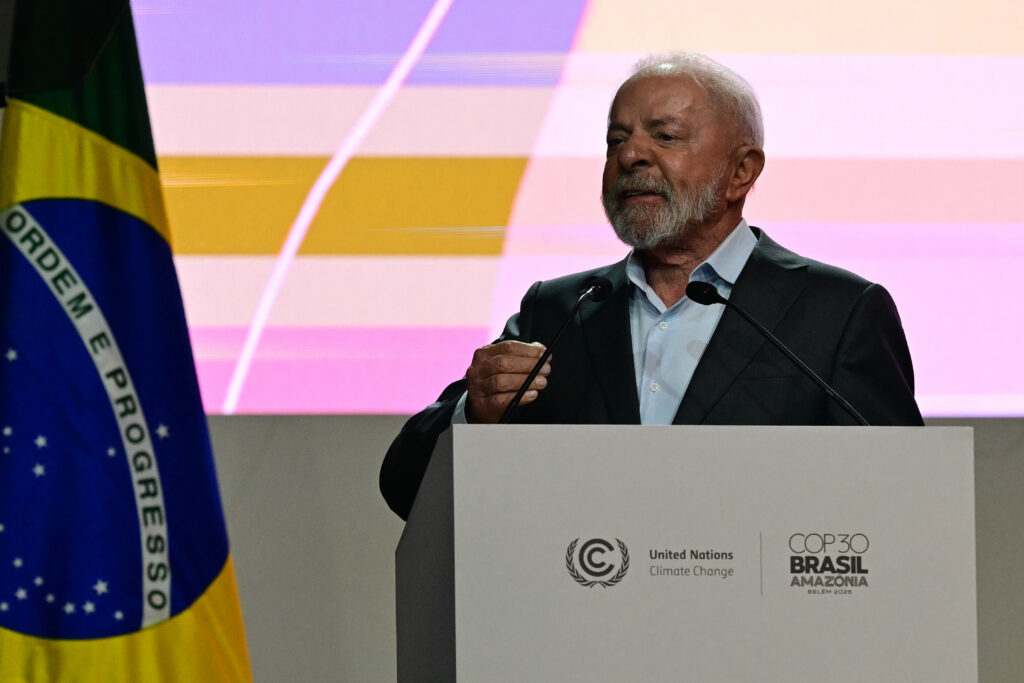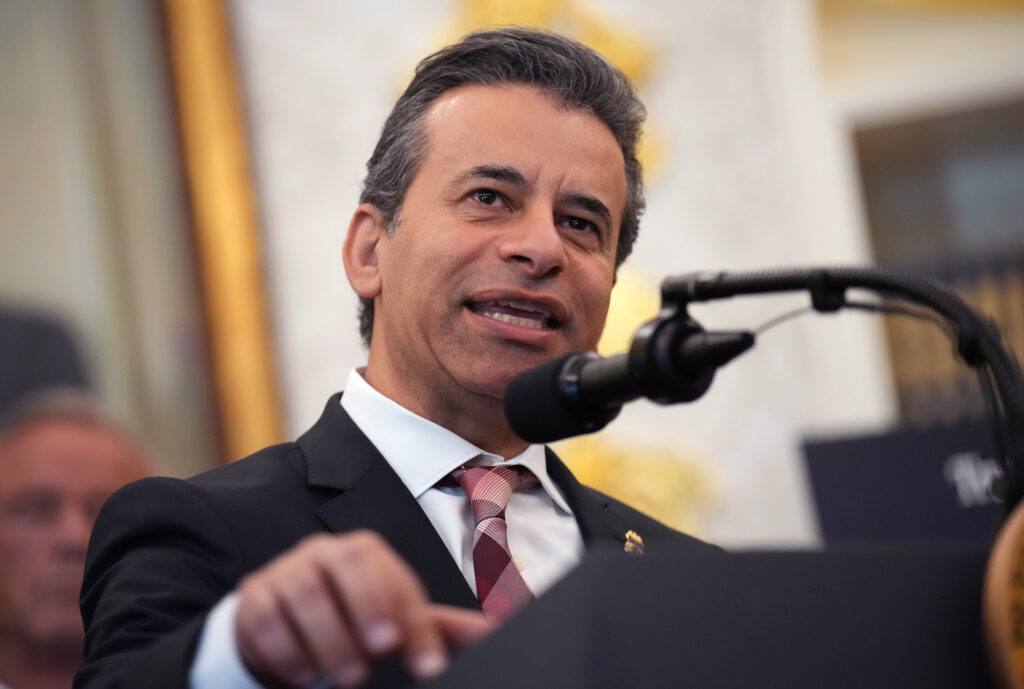US state leaders take stage at UN climate summit — without Trump
The Americans are coming.President Donald Trump’s administration may have steered clear of this year’s UN climate summit in the Brazilian Amazon, but the conference’s second day on Tuesday is nonetheless set to be dominated by the governors of California and New Mexico.Anticipation is building particularly around California’s telegenic leader Gavin Newsom, who governs the world’s fourth-largest economy and has sought to cast himself as the Anti-Trump — with murmurs of a 2028 presidential run in the air.”We are doubling down on stupid in the United States of America,” the Democrat told an audience at a Milken Institute event in Sao Paulo on Monday, giving a taste of the sharp anti-Republican rhetoric for which he has become known. “Not in my state of California.”Newsom’s agenda in Brazil includes a meeting with Helder Barbalho, governor of Para state, of which the COP30 host city Belem is the capital, and another with New Mexico’s Michelle Lujan Grisham.Trump, who has made an aggressive fossil fuel expansion central to his second term, withdrew the United States from the Paris climate accord upon returning to office in January.But according to Champa Patel, executive director for governments and policy at Climate Group, which runs the Under2 Coalition of global states and regions, US states can still pursue the climate blueprints left by former president Joe Biden’s administration.”The states have that roadmap, they can still follow it and keep to the spirit of Paris,” Patel told AFP. “Ultimately, it’s state-level actors that are going to implement, and the real economy is shifting,” Patel said, pointing to wind and solar growth even in Republican-led states driven by market forces.Newsom is expected to tout California’s green credentials, including a $4.1 trillion economy that is now two-thirds powered by clean energy, and the state’s successful Cap-and-Invest program, a carbon market recently extended by law until 2045.New Mexico’s Lujan Grisham governs a major fossil fuel-producing state but has pushed to expand renewables and curb methane emissions from the oil and gas sector.Still, questions linger over the limits of state-level action. Trump’s Republicans recently passed a law bringing an early end to clean energy tax credits enacted under Biden that is seen as a potentially crippling blow to the renewable sector.And while state and regional coalitions can exert political pressure at climate summits they remain, for now, outside the official text-drafting process.
